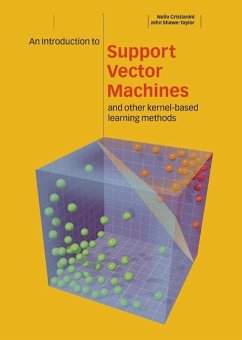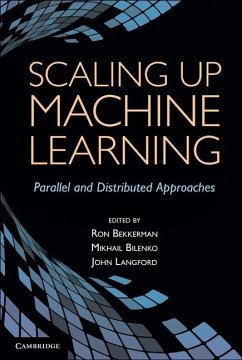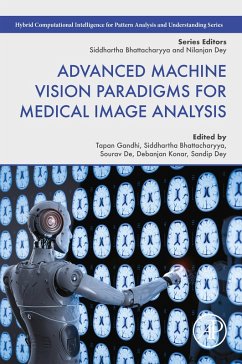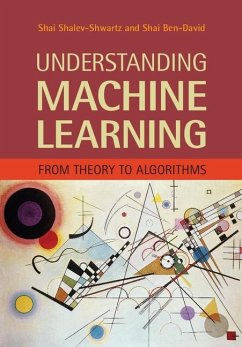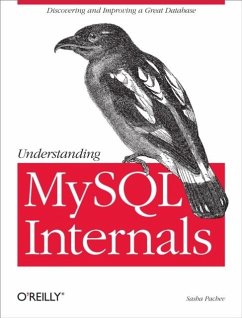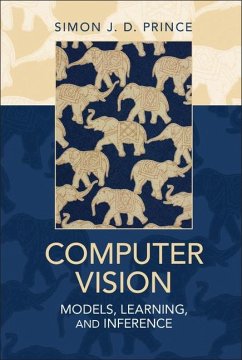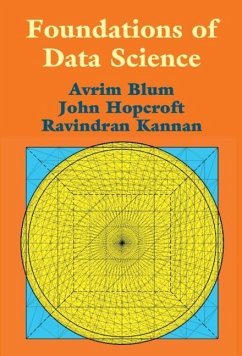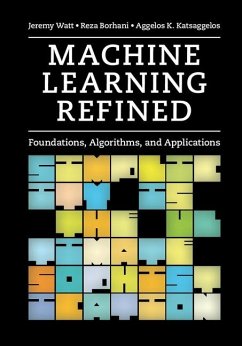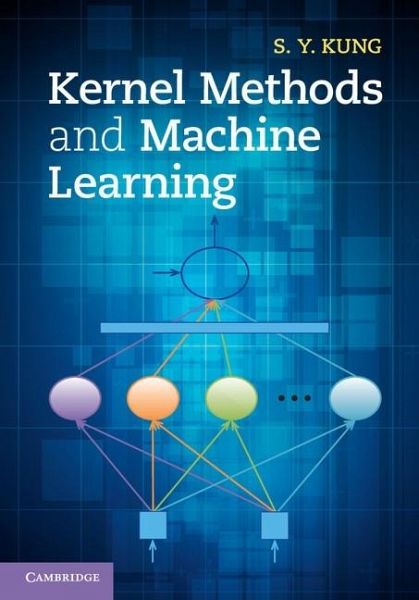
Kernel Methods and Machine Learning (eBook, ePUB)
Versandkostenfrei!
Sofort per Download lieferbar
54,95 €
inkl. MwSt.
Weitere Ausgaben:

PAYBACK Punkte
27 °P sammeln!
Offering a fundamental basis in kernel-based learning theory, this book covers both statistical and algebraic principles. It provides over 30 major theorems for kernel-based supervised and unsupervised learning models. The first of the theorems establishes a condition, arguably necessary and sufficient, for the kernelization of learning models. In addition, several other theorems are devoted to proving mathematical equivalence between seemingly unrelated models. With over 25 closed-form and iterative algorithms, the book provides a step-by-step guide to algorithmic procedures and analysing whi...
Offering a fundamental basis in kernel-based learning theory, this book covers both statistical and algebraic principles. It provides over 30 major theorems for kernel-based supervised and unsupervised learning models. The first of the theorems establishes a condition, arguably necessary and sufficient, for the kernelization of learning models. In addition, several other theorems are devoted to proving mathematical equivalence between seemingly unrelated models. With over 25 closed-form and iterative algorithms, the book provides a step-by-step guide to algorithmic procedures and analysing which factors to consider in tackling a given problem, enabling readers to improve specifically designed learning algorithms, build models for new applications and develop efficient techniques suitable for green machine learning technologies. Numerous real-world examples and over 200 problems, several of which are Matlab-based simulation exercises, make this an essential resource for graduate students and professionals in computer science, electrical and biomedical engineering. Solutions to problems are provided online for instructors.
Dieser Download kann aus rechtlichen Gründen nur mit Rechnungsadresse in A, B, BG, CY, CZ, D, DK, EW, E, FIN, F, GR, HR, H, IRL, I, LT, L, LR, M, NL, PL, P, R, S, SLO, SK ausgeliefert werden.




